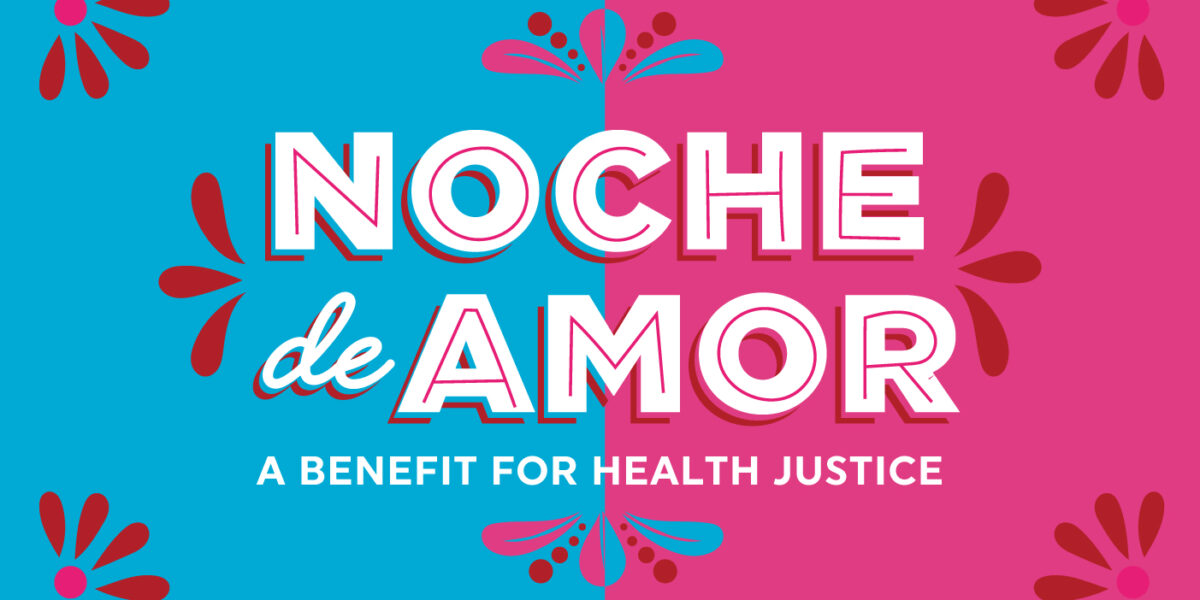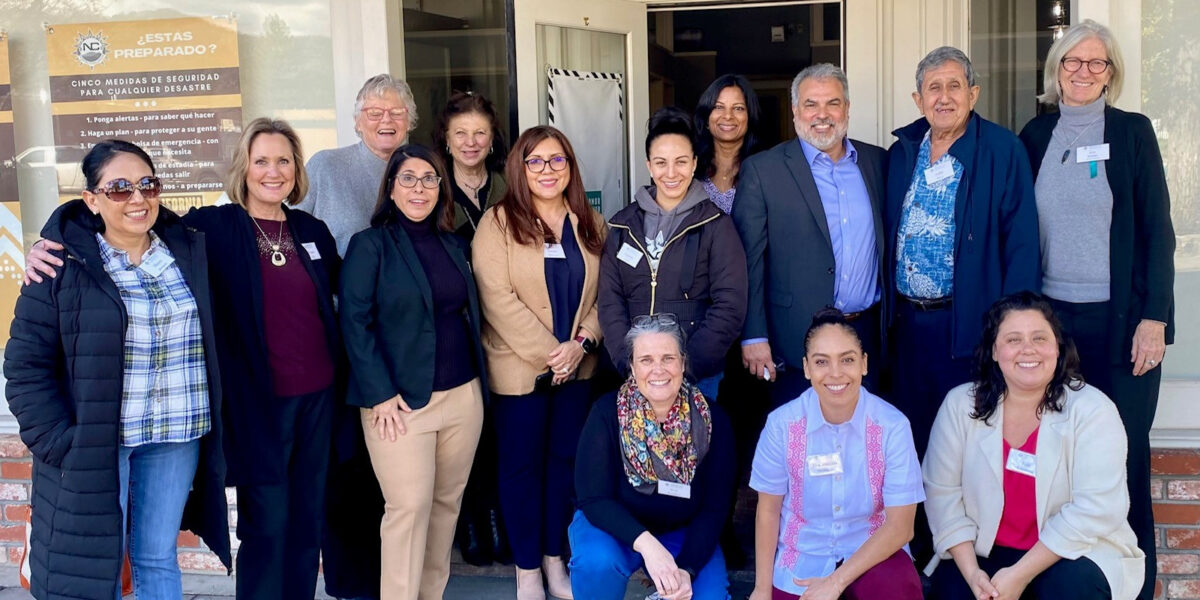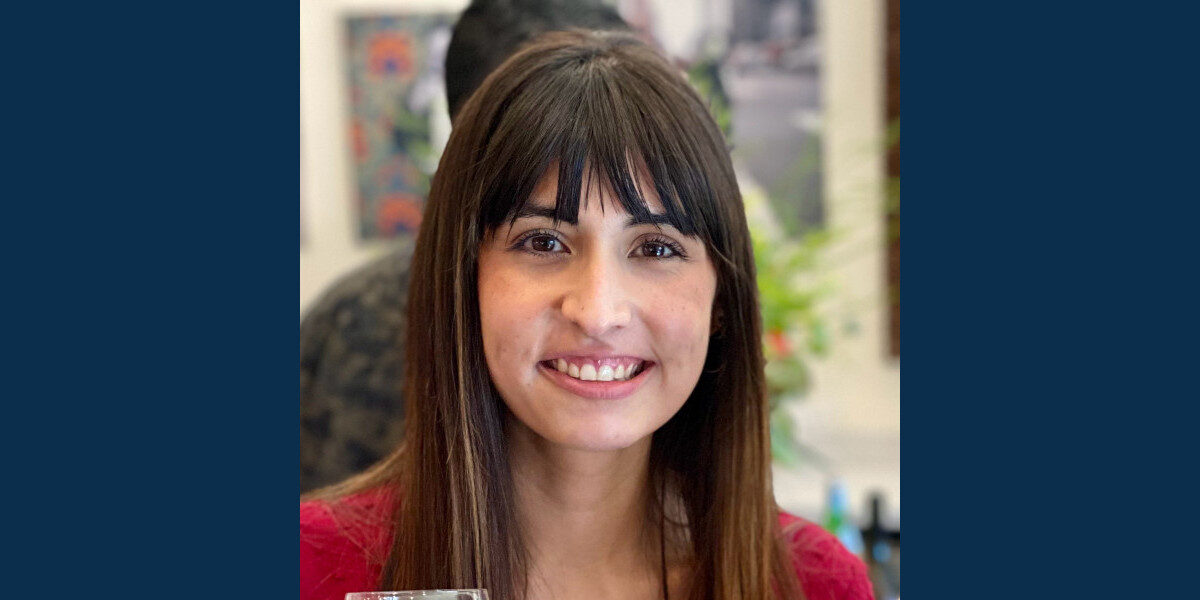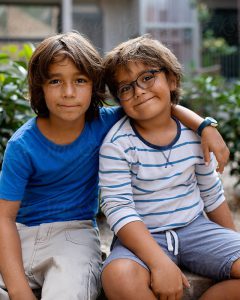
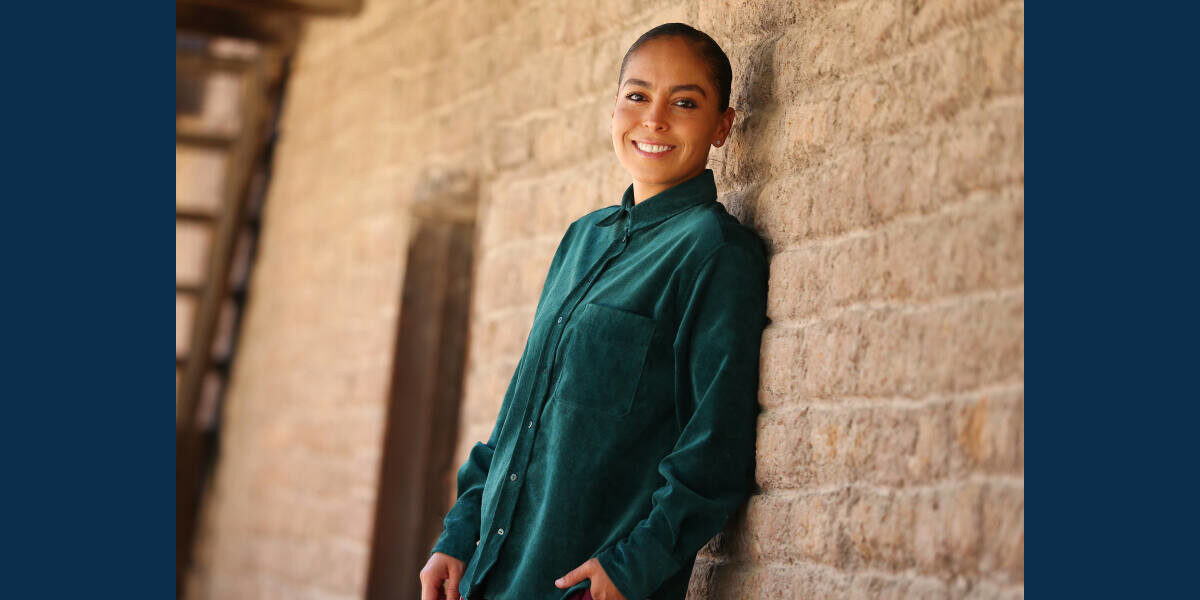
Dra. Daniela Domínguez on the Launch of Nepantlah
5 min read. The Nepantlah online workshop is a component of the new Bicultural Clinical Training Program.
Last month the Healthcare Foundation announced grants from Kaiser Permanente and Peter E. Haas Jr. Family Fund to support a new Bicultural Clinical Training Program designed to strengthen the pipeline of local bilingual/bicultural mental health practitioners and increase access to mental health services for Spanish-speaking residents. A collaboration with Humanidad Therapy & Education Services and On the Margins, the Bicultural Clinical Training Program has two components, both of which launch this month.
The first component comprises two new traineeships in Cloverdale, sponsored by Humanidad, that will provide professional supervision in Spanish for bilingual graduate student trainees—a rare but important asset to bilingual trainees serving a Spanish-speaking population. You can read more about this component in our recent conversation with Humanidad’s executive director, Juan Torres.
The second component is also a rare and much needed offering: a culturally responsive online curriculum, developed by On the Margins, open to trainees as well as already licensed therapists serving bicultural and/or Spanish-speaking clients in Sonoma County as well as around the country.
Nepantlah, as the online program is called, “exists as a virtual space where mental health practitioners can share knowledge, deepen skills, and nurture connections with others who are working with Latine populations and striving to be socially, culturally, and linguistically responsive.”
We spoke recently with On the Margins CEO Doctora (Dra.) Daniela Domínguez about the inspiration and need for the program, which draws in part on her own experience as a bilingual student and counselor and, later, a professor and clinician supporting bicultural students, trainees and early career clinicians serving Spanish-speaking clients.
How did Nepantlah take shape?
I can start with a personal history. I trained at Our Lady of the Lake University in San Antonio, Texas. I was lucky in doing my practicum (or what we call here traineeship) at a community counseling center in the west side of San Antonio. As a trainee, then an intern, and then an early career clinician, I remember those three years being completely consumed and, to be honest, a little overwhelmed by my calls. And it wasn’t just me. Everyone in the clinic was Spanish-speaking. We noticed that we would try our best but it was simply impossible to take every single call that was coming in. I was lucky enough to work at a clinic that exposed me to some of the inequities and also some of the barriers to receiving services for migrant families, mixed immigration status families, Spanish-speaking families, and Latine folks in general.
Then I moved to California and began my career as a professor. All of the classes were in English. I was sure the Spanish-speaking students were going to be overwhelmed by those same kinds of calls that I received back in San Antonio. Sure enough, I was hearing from my students that they were really overwhelmed by the calls. They felt adequately trained to offer services in English, but not to offer services in Spanish. That was something I had heard also at Our Lady of the Lake from some of my colleagues.
“That [this program] is finally happening is thanks to the Healthcare Foundation. They reached out and said, “How can we be a support?” I think that’s what works really well in our partnership with the Healthcare Foundation. . . . Rather than dictating or driving the project, it’s about really being partners, and directing resources where they’re most needed.”
Dra. Daniela Domínguez, On The Margins
The idea for Nepantlah is not a new one. There are other programs in the nation. But I know there aren’t many. Now that I am also practicing in Sonoma County and working with associates and trainees, we have been very thoughtful about offering services in a way that is as culturally responsive and as linguistically responsive as we can make them. I have heard from our associates that they feel grateful that in clinical supervision we discuss cases in Spanish. They know from talking to other friends and colleagues who are Spanish-speaking that that’s not necessarily the case.
Were there specific programs you drew on?
There are incredible speakers who have been relying on ancestral knowledge and healing justice in their training. They have done it in a bilingual, bicultural way. They are not ten-month programs like ours but more in the realm of educational podcasts. There’s one that has really inspired me, and that’s La Cura. They do it in English and Spanish. The person who is really driving La Cura is Francisca Porchas Coronado, an organizer who worked with Mijente for a long time. That podcast has been very influential in bringing in Latinx, feminist, anti-racist speakers. She feels comfortable speaking Spanglish. You don’t often see that. You see either podcasting in English or podcasting in Spanish. This was really fluid. I thought, we need that, we need workshops where people can actually train [employing Spanglish] and also receive continuing education credits, which is something I know a lot of [clinicians] are looking for.
Another model is definitely Our Lady of the Lake University, an academic bilingual certificate program. The first speaker Nepantlah will feature, Doctura Marcela Polanco, was actually my supervisor at Lady of the Lake. That was the first experience I had receiving Spanish supervision. I remember being so excited because it was the first time I was coming back into the supervision room and conceptualizing cases with Spanish-speaking clients with a Spanish-speaking supervisor from Colombia. That was a game-changer for me. So this feels like a full-circle moment.
Why is it important to offer supervision in Spanish?
There are amazing, culturally responsive English-speaking supervisors who do a fantastic job. At the same time, if trainees are receiving clinical supervision in English and they’re working with clients in Spanish, there are some things that just don’t translate. Moreover, there is an advantage to being in a network where other practitioners have similar lived experiences and who can say, “This is what I’m seeing in my practice.” Students, who are not practicing yet, will know by the time they see their first client that this resource exists. They’ll know that if they have a question related to a clinical case, there will be several psychologists, dullahs, American Family Therapists, and professional clinical counselors that they can consult with, and who will understand the stories that they’re bringing into the consultation room.
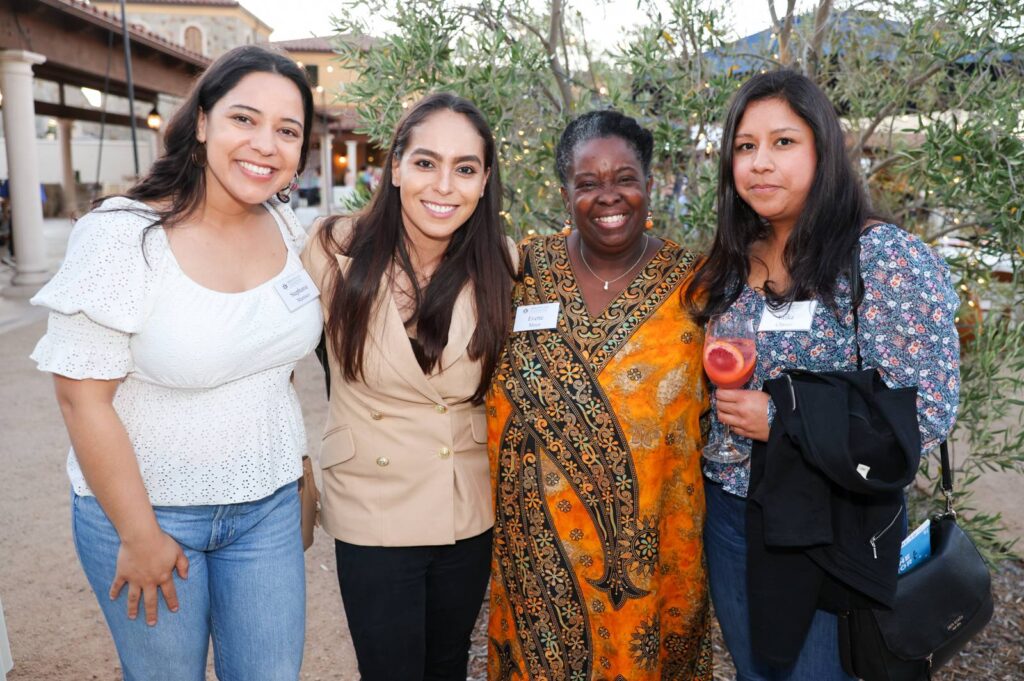
Nepantlah also draws on the values and vision of On the Margins, which aims to exist at the intersection of feminism, anti-racism, and trauma responsiveness. One of our ideological ancestors is Gloria E. Anzaldúa, an American scholar of Chicana feminism and a queer-identified author who talked a lot about Napathla [a Nahuatl word meaning “in the middle of it”]. In her book Borderlands/La Frontera, she discussed what it was like to be in this land in-between. Most of the students I work with weren’t born in Latin America, but they are Latinx and Spanish-speaking. In working with those students, I would notice caution with speaking, concerns around being “Mexican” enough or “Latina” enough. “Am I saying this right?” “What if I’m working with a client who’s originally from Mexico, what are they going to think if I use Spanglish?” I felt Nepantlah was the best way to honor that context, that in-betweenness, and to give it the value that it deserves.
What has been the Healthcare Foundation’s role?
This program is something that I’ve been thirsting for, and trying to make happen, for many years. That it is finally happening is thanks to the Healthcare Foundation. They reached out and said, “We know you have the ideas, the clinicians, the background, the values, and we know you have a small team, so how can we be a support?” I think that’s what works really well in our partnership with the Healthcare Foundation. They allow us to take the lead, and they ask, “Where can we be most helpful?” Rather than dictating or driving the project, it’s about really being partners, and directing resources where they’re most needed. Not only can we now offer this program, but it’s coming at no cost to our organizations. Our students, meanwhile, receive training not only from folks in-house but from speakers across the nation. This, we believe, is going to take our training programs to the next level.
Do you anticipate the program evolving as you go?
We’re going to be surveying all attendees after each session and then running an analysis. Each session has learning outcomes and specific learning objectives. At the end of each workshop, we’re going to be evaluating whether people felt that the learning objectives were met. We’re also going to be surveying folks on the delivery of the program. Because it’s virtual, we want to make sure we’re using the right platform.
Nepantlah is a space where we hope folks will show up as their authentic selves. It’s a program that is designed with Spanglish and Spanish-speakers in mind. We’re super excited to launch with our first workshop this month.
The Nepantlah program consists of 10 workshops [per year] in Spanish and Spanglish. Registration can be made for individual workshops, or for the entire 10 month training at a discounted fee. Each workshop meets the qualifications for continuing education credits for LMFT’s, LCSW’s, LPCC’s and LEP’s as required by the California Board of Behavioral Sciences. Translation for English speaking participants will be provided. For more go to nepantlah.education

Related News + Stories
Invest in Our Community
Your support is vital to our collective vision of eliminating health inequities in northern Sonoma County.
Donate
